Fertilize Begonias: How, When and How Much? – Sow100
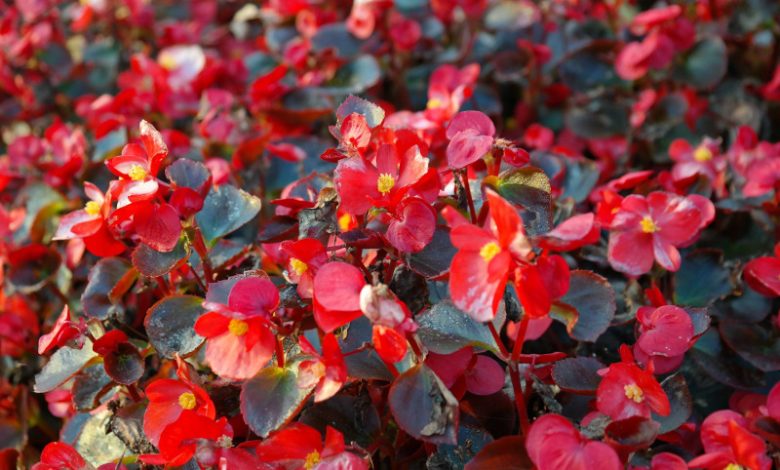
 Begonias are spectacular flowering plants, both for the characteristics of the flower itself and for the colors that they give to their growers.
Begonias are spectacular flowering plants, both for the characteristics of the flower itself and for the colors that they give to their growers.
And yes, they’re a lot easier to care for than you might think, but that’s not to say take it lightly.
Fertilizing begonias is one of the strategies that will allow you to keep them vigorous and, of course, give you an exceptional bloom each season.
And if you don’t know how to make the use of this system really efficient, here we will tell you all the details. These include from the reasons to pay to the warning signs when there is a nutrient deficit. Are you interested?
Why is it important to fertilize begonias?
The main goal when growing begonias is for them to grow vigorously and produce an abundance of spectacularly colored flowers each season.
Practicing correct fertilization plays a major role in all this because it stimulates the formation of new shoots and the presence of bright colors.
Nutrients allow the entire system to function properly and the internal processes that are critical to this goal to run.
Photosynthesis, chlorophyll formation, respiration and transpiration, etc. are counted here. In addition, the fertilizer serves as a protective barrier to keep the plants healthy and that if any agent appears there, it does not affect them too much.
And this is even more important when the surrounding climate is warm, but rains are generated because they are the ideal conditions for a wide variety of pests and diseases to manifest.
How often should we pay the begonias?
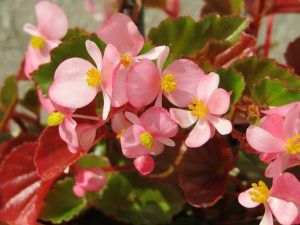 Begonias need a constant rate of subscribers during the spring and summer phases, being completely suspended for the cold season.
Begonias need a constant rate of subscribers during the spring and summer phases, being completely suspended for the cold season.
The process is generally established based on fertilizations every 15 days, although they could vary to more or less days according to specific needs.
It is possible to define the moment to stop with the fertilizations because it will be when the plant begins to decline to prepare for the arrival of winter. In any case, in case of using fertilizers for commercial sale, it will be necessary to pay close attention to the manufacturer’s recommendations.
Remember that each one will have an established action system and exceeding it could be very harmful.
What nutrients do begonias need?
Begonias require potassium (K), so when choosing a fertilizer the best alternative is to work with a complete fertilizer but with a higher level of this nutrient.
Nitrogen (N) is fundamental in the first phases, both of growth and when it wakes up from the winter vegetative shutdown.
This is because nitrogen is what stimulates the formation of new shoots and provides vigor to the structure. However, keeping begonias healthy requires that the other macronutrients and micronutrients also be at appropriate levels of existence.
What kind of fertilizers do begonias need?
Begonias need fertilizers that are specially designed for flowering plants. These come in their complex versions with different concentrations of each nutrient.
In this way, it will be easier for you to select the one you need when the greatest demand is for nitrogen or when the greatest is for potassium. Ideally, they should be fertilizers that can be diluted in water to apply in conjunction with irrigation.
This is a technique that greatly facilitates the absorption process by the plant, since the root does the same job, obtaining both benefits.
How do we prepare compost for begonias?
 The preparation of the fertilizer must meet the guidelines that the manufacturer itself establishes in its product.This simple instruction will prevent you from overfeeding your begonias or applying less fertilizer than you should.
The preparation of the fertilizer must meet the guidelines that the manufacturer itself establishes in its product.This simple instruction will prevent you from overfeeding your begonias or applying less fertilizer than you should.
If you use a home-type fertilizer, such as worm castings, make sure you apply it to areas near the plant and not directly on the roots.
The most advisable thing is to open a kind of furrow at a certain distance from the plant and place the fertilizer there, covering it with the soil afterwards.
Thus, the plant will be able to gradually absorb the nutrients that the substrate itself takes over without becoming excessive. If you have begonias planted in pots, this method is not recommended.
How do we detect if begonias need fertilizer?
Flowering is the main announcement to know if the begonias need fertilizer or not and this can be assessed based on two points: the number of flowers and the size.
More often than not, a nutrient-deficient begonia will produce much smaller-than-normal flowers, which is sure to make you sad.
On the other hand, it is possible that the number of flowers is minimal, just to say that the cycle has passed, but with almost no benefits. If spring has arrived and you notice that its strength to grow is not at normal levels, it may be due to a nitrogen deficit.
Fertilizing begonias is usually a demanding task when the flowering season arrives because they require it with some frequency. The reason is that the plant has a significant energy and nutritional wear when the flowers appear and that must be compensated.
With a good fertilization plan and the use of a suitable product for this objective, your results should be very positive. And if you’re not doing very well, take into account all the other elements involved in the work of cultivation to ensure that none of them are failing.
Do you already have experience in the process of composting begonias?
Bibliographic references
- The Begonias, D Beretta – 2017 – books.google.com
- Evaluation of substrates and application of arbuscular mycorrhizal fungi in Begonia sp, CM Alvero, JMC Naranjo, JC Gorotiza… – Tropical crops, 2011 – redalyc.org
- Indoor Plants. Appropriate species and care required for their conservation, W Martínez Pinto – sidalc.net
- CYTOLOGICAL STUDY OF SPECIES OF THE GENUS BEGONIA FROM THE COLLECTION OF NEOTROPICAL BEGONIAS OF THE, BERLIN BOTANICAL GARDEN…, GECMO IEDA – 200.10.229.229
Maybe you are also interested in:

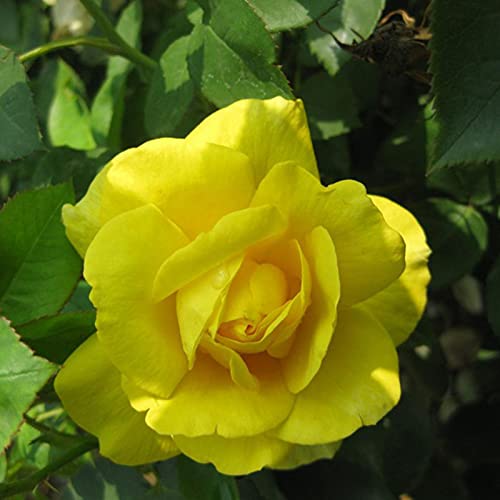
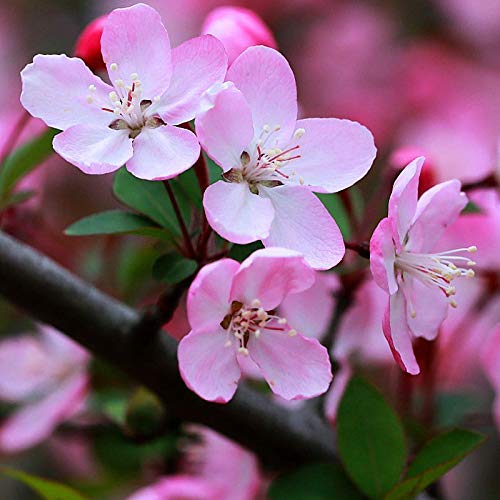
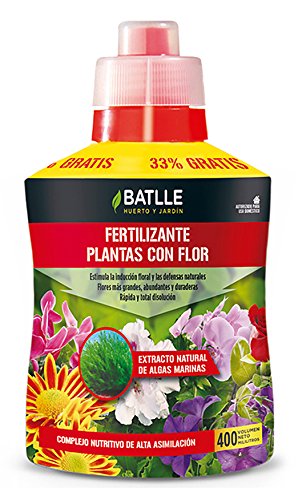

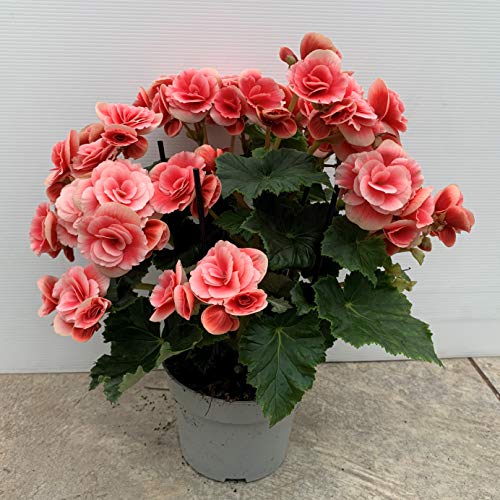

![Photo of Anemone: [Cultivation, Irrigation, Care, Pests and Diseases]](https://www.complete-gardening.com/wp-content/uploads/2022/08/anemone-cultivation-irrigation-care-pests-and-diseases-390x220.jpg)
![Photo of Prune a Peppermint: [Importance, Time, Tools, Considerations and Steps]](https://www.complete-gardening.com/wp-content/uploads/2021/06/Hierbabuena_1621293743-390x220.jpg)
